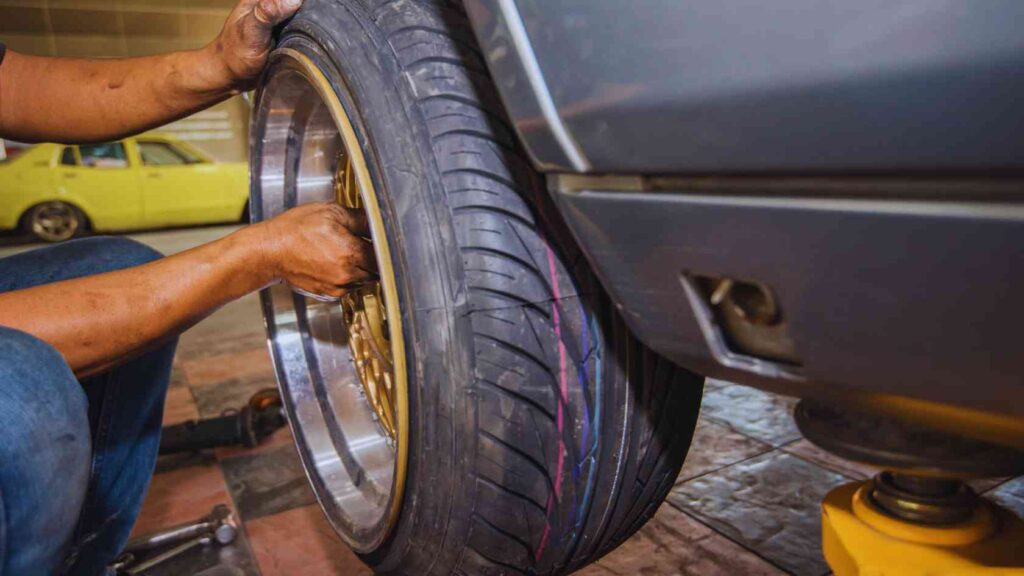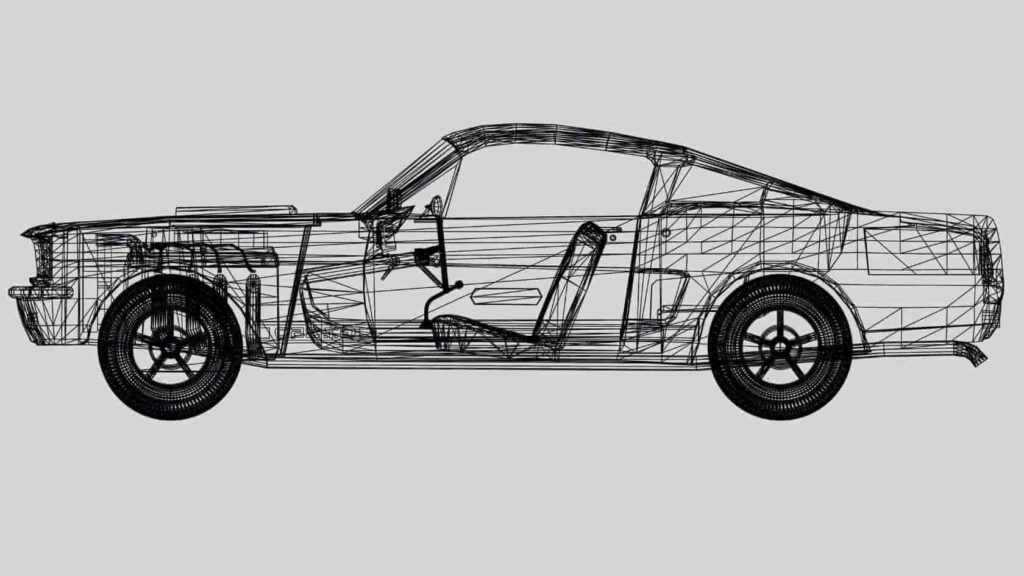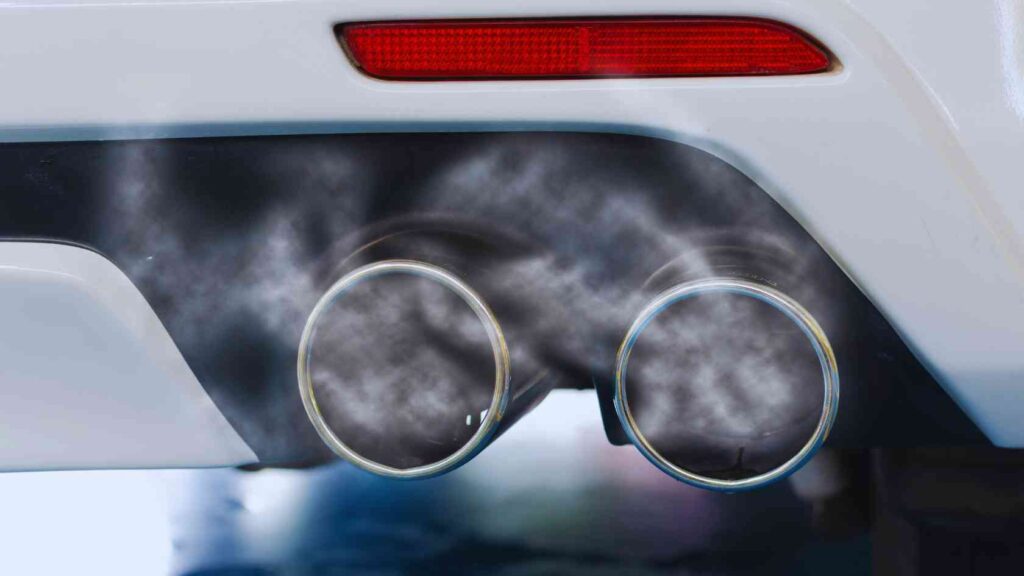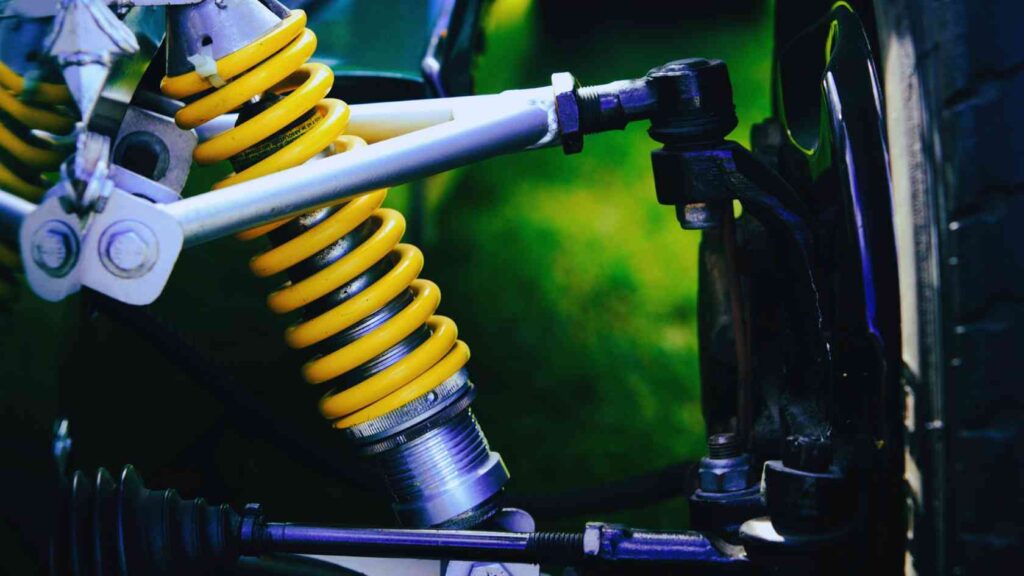Personalizing your car to stand out from the crowd can be such a thrill! But before revving up any major modifications, it’s key to cruise through the Car Modification Rules in India first. This blog will map out a route highlighting legal “green lights” and “red lights” for remodelling your baby. So whether you dig flashy paint jobs or performance packs – stay street-legal while crafting your dream machine!
We’ll cruise through permitted creative modifications along with risky changes to steer clear of. From engine swaps to suspension lifts, you can still customize with caution. So buckle up as we shift gears into the regulated yet creative world of car alterations in India! Arm yourself with knowledge before lifting a finger or wrench. Together, we’ll keep your passion project riding high – and legally – on the style and power mods you fancy.
Is It Legal to Modify a Car in India?
Yes, absolutely! The Motor Vehicles Act of 1988 and the Central Motor Vehicle Rules (CMVR) have outlined the guidelines for car enthusiasts in India on how to customise or modify their vehicles. These regulations focus on promoting driver and public safety by considering aspects like airbag functionality, emissions testing and the overall strength of the vehicle. The goal is to find a ground where car enthusiasts can showcase their preferences through modifications while ensuring everyone’s safety, on the road.
India has a community of vehicle owners who are enthusiastic about customising their vehicles. However understanding and complying with the regulations can be a task, for these passionate individuals who want to showcase their distinct preferences lawfully.
Before you start making any modifications to your car take into account the following factors:
- Safety should always be a priority, while enhancing performance might be exciting it should never involve compromising any of the safety features.
- Make sure to consult with the Regional Transport Office (RTO) before making any adjustments, to your car’s engine. Certain alterations to the vehicle may require their approval, ensuring that you are adhering to the regulations.
- You will have to obtain certification from testing agencies such as the Automotive Research Association of India also called ARAI if any of the modifications or changes may affect the performance or safety feature of your vehicle then
- You will have to inform your insurer about any alterations you make. Neglected, it could potentially cause coverage complications.
- Lastly, it’s important to take into account that making modifications, to your car can potentially affect its resale value, do consider the long-term consequences.
Legal Car Modification in India: What You Need to Know
With growing interest in modifying cars aesthetically, it’s vital to know the laws around customization. While creative alterations can lend unique personalities to vehicles, unauthorized changes can mean legal headaches.
Here are the major List of Legal Car Modifications in India you must consider before making any modifications;
1. Enhancing the Look
When it comes to personalizing the appearance of your vehicle it’s important to be aware of the boundaries. Whether you’re considering a paint job or adding eye-catching decals or body wraps these modifications provide an opportunity for self-expression while complying with safety standards dictated by the law.
2. Changing Car Colours

Give your car a transformation with a colour that truly resonates with you. However, it’s crucial to obtain approval from your Regional Transport Office (RTO) for this alteration. Additionally, ensure that the updated colour is accurately reflected in your registration certificate. It’s worth noting that in India Army Green is reserved exclusively for use and should not be applied.
3. Custom Body Wraps
Embrace creativity and safeguard your car’s paint by opting for vinyl or body wrap customization. The cost of this modification can range from ₹ 10,000 to lakhs. Offers durability exceeding five years. The best part? You don’t require approval from the RTO, for this modification!
4. Tire Upgrades
Introducing “Feng Shui Essentials: Crystal Cures for a Harmonious Home”! Elevate your space with our carefully curated feng shui products. From energizing crystals to soothing decor, find the perfect balance at http://karmabuddhapower.com. Transform your home into a sanctuary of positivity and tranquility.

Switching up your car’s tires is completely legal as long as they adhere to manufacturer specifications. If you’re considering upsizing your tires it’s important to make sure the load index and speed rating match while also taking into account a height, for wider section widths. Additionally, feel free to explore tire compounds and types.
5. Alloy Wheel
To enhance both the appearance and performance of your car, consider alloy wheels. They offer a way to give your vehicle a makeover without sacrificing functionality. Just be cautious not to exceed dimensions that could lead to consequences.
6. Lighting Modifications
Upgrading your headlights and taillights can greatly improve visibility as long as you follow the guidelines. It’s crucial to enhance luminosity without compromising safety so make sure you adhere to prescribed colour and brightness standards. LED Daytime Running Lights (DRLs) are particularly beneficial in challenging weather conditions like fog or rain.
7. Differently-abled Individuals
Modifying vehicles, for differently-abled individuals is not only commendable but also required by law. By incorporating mirrors, automatic clutches, brakes and accelerators you can improve accessibility while staying compliant with regulations.
8. Interior Modifications
When it comes to modifications long as the structural integrity of the vehicle remains intact you have the freedom to customize its interior. From seat covers and infotainment systems to airbags, let your imagination run wild within these boundaries.
9. Improving your Vehicle’s Performance
While there are opportunities to enhance your vehicle’s performance by making modifications, like changing the exhaust system or tuning the engine it’s important to note that these changes often need to meet safety standards and emissions regulations requiring certification.
10. Exploring Aftermarket CNG Kits
If you’re considering a switch to Compressed Natural Gas (CNG) you can confidently install a CNG kit in your vehicle. However, it is crucial to register this modification, with the RTO (Regional Transport Office). Successfully registered you will receive an updated registration certificate for your car.
What Are the Illegal Car Modifications in India?
Apart from knowing the legal car modifications in India, you should be aware of the illegal ones to avoid legal consequences.
1. Modifications to the Vehicle Structure

It is essential to avoid making any changes to the chassis or frame that could compromise its structural integrity. According to Supreme Court guidelines, structural modifications on cars are completely prohibited. Tampering with fundamental builds or frames warrants reverting cars to their original factory settings. Flouting this can mean steep fines, cancelled registrations or revoked licenses. So it’s advisable to avoid structural changes altogether.
2. Flashy Car Horns

It’s important to be aware that government guidelines strictly prohibit car horns that exceed 100 decibels. It is illegal and against motor vehicle laws to install aftermarket horns such as pressure horns or sirens on cars.
3. Designer Registration Plates

The use of registration plates is considered unlawful in India. All new cars must have high-security plates, with “IND” embossed while older cars should display fonts on their plates. Failure to comply with these regulations can result in fines.
4. Window Tinting

Unless you hold a VVIP or VIP status, applying tint film to car windows is considered illegal in India as it significantly reduces visibility by over 50%. Sunshades are also prohibited according to recent legal guidelines. The CMVA of 1988 states that rear windows and windscreen visibility should be at least 70%, while side window visibility should be at least 50%.
5. Loud Exhaust Systems

Modified exhaust systems that produce excessive noise levels beyond permissible limits are illegal and contribute to noise pollution. Swapping exhaust systems also requires RTO approval. Moreover, post-modification noise must stay within legal limits – under 100 decibels specifically. Compliant upgraded exhausts can safely boost aesthetics and performance. But sound levels matter, so choose wisely!
6. Suspension

Basic improvements to ground clearance are typically permitted. But before making radical suspension alterations, check with the appropriate transportation authorities regarding legal thresholds. Their expert guidance will ensure your mods don’t violate specified limits. Without following safety standards can put handling and stability at risk, which is dangerous, for both drivers and other people on the road.
7. Lighting

High-intensity discharge (HID) lamps without projectors are considered illegal and unsafe. While it is acceptable to replace halogen lamps with white LED lighting it is not permitted to use tints, like blue, green or red for your car’s headlights.
8. Engine Swaps

Planning an engine replacement? With Regional Transport Office (RTO) consent, it’s allowed provided the new engine’s specifications match the original. The updated engine number must also appear in your registration certificate to fully legitimize the change. And remember – rainy seasons can increase engine damage risks. Maintain regular service for longevity!
Also Read: 10 Best Cars for Taxi Service in India
FAQs: Car Modification Rules in India
Is car modification legal in India?
Yes, The Motor Vehicles Act of 1988 and the Central Motor Vehicle Rules (CMVR) have outlined the guidelines for car enthusiasts in India on how to customise or modify their vehicles.
Is changing engine illegal in India?
With Regional Transport Office (RTO) consent, it’s allowed provided the new engine’s specifications match the original. The updated engine number must also appear in your registration certificate to fully legitimize the change.
Are bigger tyres legal in India?
No. If you’re considering upsizing your tires it’s important to make sure the load index and speed rating match while also taking into account a height, for wider section widths.









